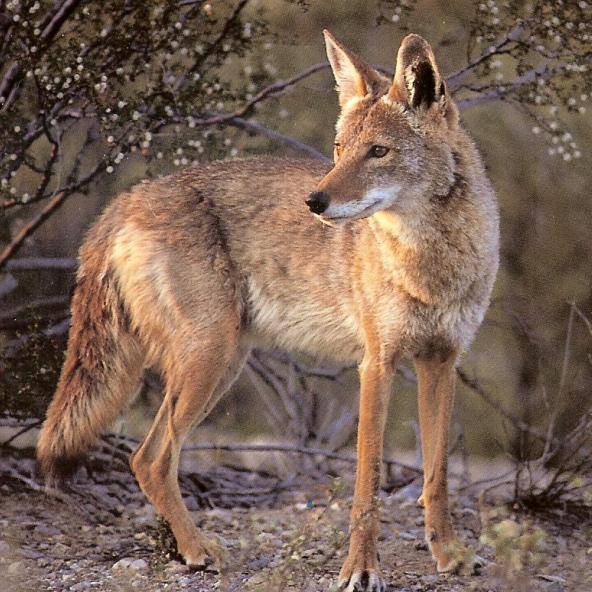CPW Urges Wildlife Vigilance After Coyote Attacks 4-Year-Old in Colorado Springs, Launches Search for Aggressive Animal

Description: Colorado Parks and Wildlife Released the Following Incident Report and Press Release...

CPW Pursues Coyote After Child Attacked; Urges People to Protect Children and Pets from Wildlife
COLORADO SPRINGS, Colo. – Colorado Parks and Wildlife officers and partner agencies are aggressively pursuing a coyote that attacked a 4-year-old girl Thanksgiving Day in northern Colorado Springs and the agency is reminding everyone to be vigilant of their children and pets when living amid wildlife.
Besides hunting the coyote, CPW officers are investigating the attack, which occurred in late afternoon Thursday in a neighborhood east of Monument Creek and Interstate 25 not far from the Air Force Academy.
Coyotes live across Colorado, adapting well to urban areas where they find shelter and easy meals. Like most wildlife, coyotes are naturally afraid of humans but they can lose that fear and become bold and aggressive if they are protecting their young, being fed or are sick.
Witnesses say the girl was attacked when she and another child approached a coyote crouching behind a tree, thinking it was a dog. The coyote lunged at the girl, grabbing the back of her head, inflicting serious injuries that resulted in an overnight stay at a hospital.
“This could have been much worse – a tragedy – if not for the quick action of the child’s uncle to stop the attack, rescue his niece and scare the coyote off,” said Tim Kroening, CPW’s Area Wildlife Manager for the Pikes Peak region.
CPW was alerted to the attack on Friday, after the girl was released from a hospital, and the agency immediately began organizing its search.
As CPW officers pursue the coyote, the agency urges everyone to familiarize themselves with important tips for keeping coyotes wild and afraid of humans and to protect their children and pets. CPW offers a variety of hazing strategies and safety information on its website.
“Coyotes are omnivores and will eat anything, even tipping over garbage cans like bears do,” Kroening said. “Typically when they get aggressive, it’s in the spring and they are protecting a nearby den where they have pups. Or it’s because someone in the area is feeding them.
“People nearby might be leaving pet food outdoors or actively feeding by throwing them scraps of food. That’s illegal and it’s a problem in urban areas.”
Because it would be impossible to identify the exact coyote, CPW and its partners will lethally remove any coyote it can find in the vicinity of the attack. The carcasses will be sent to a health lab to be examined for human DNA and tested for diseases, like rabies.
“We don’t know yet what brought the coyote into the yard with this child,” Kroening said. “But it’s an important reminder to everyone to be alert and haze wild animals away from their homes and neighborhoods. That goes for deer, fox, bobcat, bears and other animals. Don’t let them get comfortable around people.
“If you see them, throw rocks at them, yell at them. And if you notice aggressive behavior, call us immediately. We'll try to remove any aggressive animals.”
Hazing is important because urban coyotes are a fact of life, he said. Coyotes live across Colorado and they have a huge range. But if they find a niche in a city with food, cover, water and open space, they won't wander far and they can be territorial.
The coyote's diet consists mainly of small animals such as mice, rabbits, squirrels, fish and birds. They'll also eat berries, vegetables, insects and any other scraps they can find.
“We’ve had cases of them attacking small dogs and cats as food,” Kroening said. “And they can view pets as potential competitors for food.”
Kroening expects the operation to continue for several days and asks the public’s cooperation and understanding.
Because this is an ongoing investigation, CPW will have no further comment on this case at this time.
Follow SECO News on Facebook.
Subscribe to the SECO News YouTube Channel.
Press releases Sponsor




.png)


.png)




.png)



.png)


.png)







